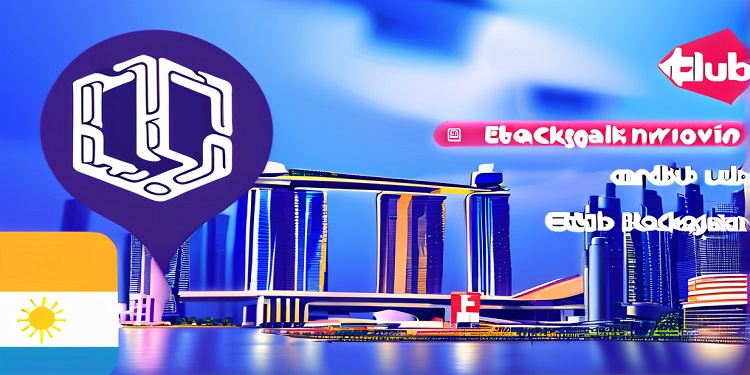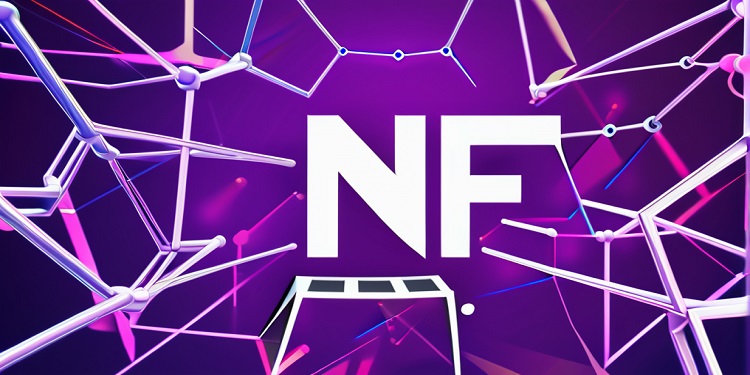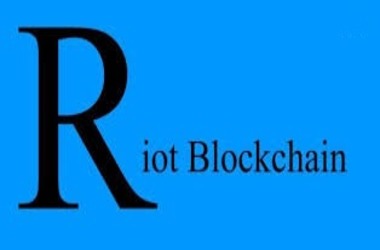 Visa released a thought leadership piece on the automation of blockchain-based payments using self-custodial wallets. If the cryptocurrency is maintained in safekeeping, the owner may direct the custodial firm to make the payments similarly to a savings account, making periodic payments simpler. To process a transfer, the Ethereum blockchain needs a private key for self-custodial wallets.
Visa released a thought leadership piece on the automation of blockchain-based payments using self-custodial wallets. If the cryptocurrency is maintained in safekeeping, the owner may direct the custodial firm to make the payments similarly to a savings account, making periodic payments simpler. To process a transfer, the Ethereum blockchain needs a private key for self-custodial wallets.
A banking analogue would be setting up regular payments using a debit or credit card, although having to input the card’s authentication or validation code each time a transaction is processed. This is not suitable for regular payments.
However, the thought of a public blockchain making money without your authorization is shocking. Nevertheless, the answer is pretty straightforward: having you authorize a table of payees so that you do not pay an arbitrary individual. Visa calls it a delegable account, a unique form of account contract.
Account abstraction (AA) is a proposed Ethereum enhancement that performs a similar function but is not yet deployed. Visa’s technique is deployed on StarkNet’s layer 2 scaling platform for blockchain.
Visa has been involved in the blockchain and cryptocurrency industries for years and started a cryptocurrency advising business in 2022. It supplies payment cards for several cryptocurrency exchanges and collaborates with the Crypto.com exchange on NFT artwork for the FIFA World Cup.
In the field of central bank digital currency, it has received accolades in two major CBDC competitions in Singapore and Hong Kong and is also involved in CBDC testing in Brazil. Given that its CBDC work leverages Ethereum technology, it may also be contemplating these automated CBDC payment methods. It presented a method for offline CBDC transactions two years back.








